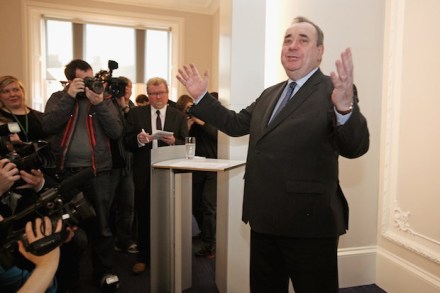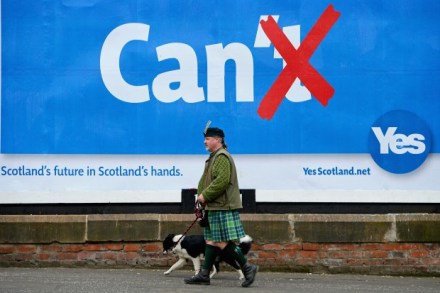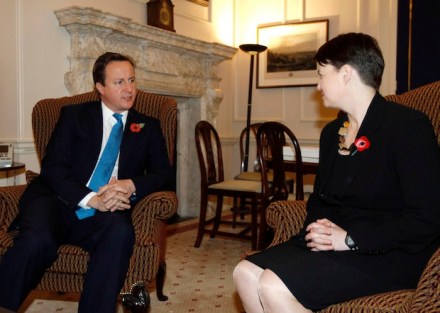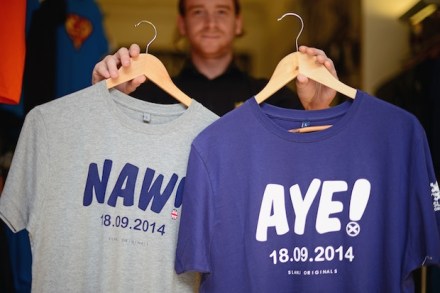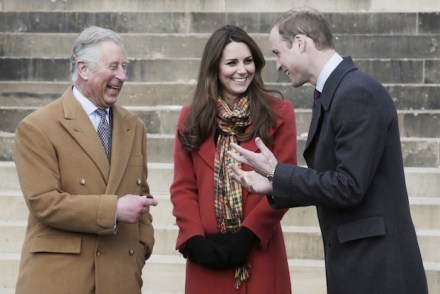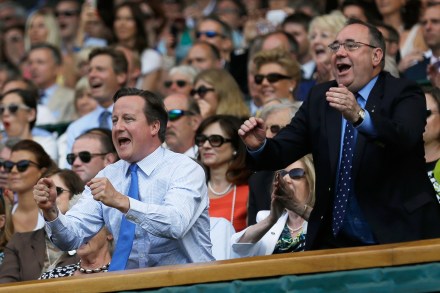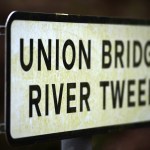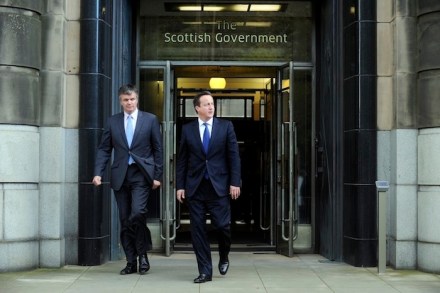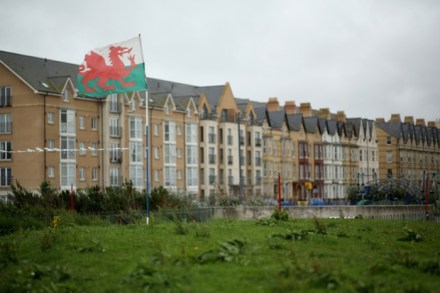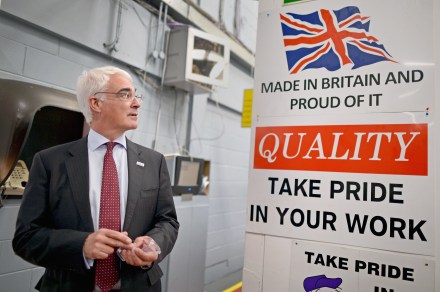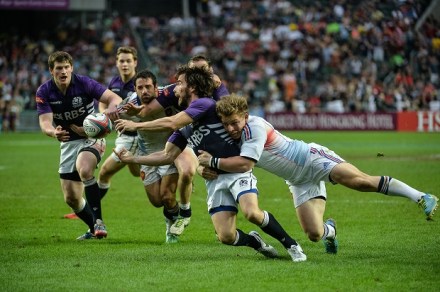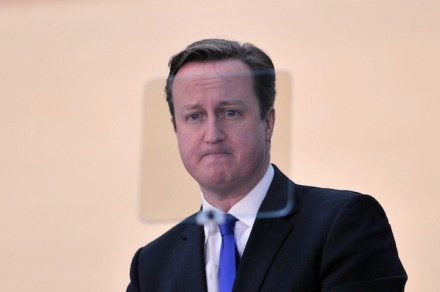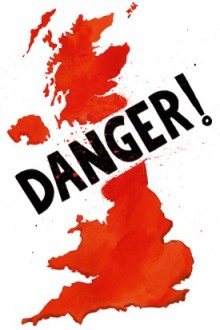Salmond, cybernats and a row that could be one of the key moments of the independence referendum campaign
All through this referendum campaign, there have been two battles: one has been in the open. This has generally been courteous and respectful. But the other battle has been hidden under the cloak of internet anonymity – and it has been vile, nasty and bigoted. Occasionally, these campaigns have collided and when this has happened, it has all got very messy indeed. That is exactly what happened today. Today’s tale of spin doctors, Labour activists and cyberbullying appears to be a bit of a beltway story but bear with me, it is really very important and tells us a lot about where the whole campaign is going. First, we have
